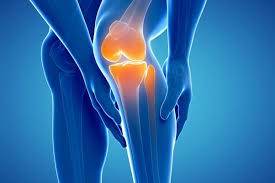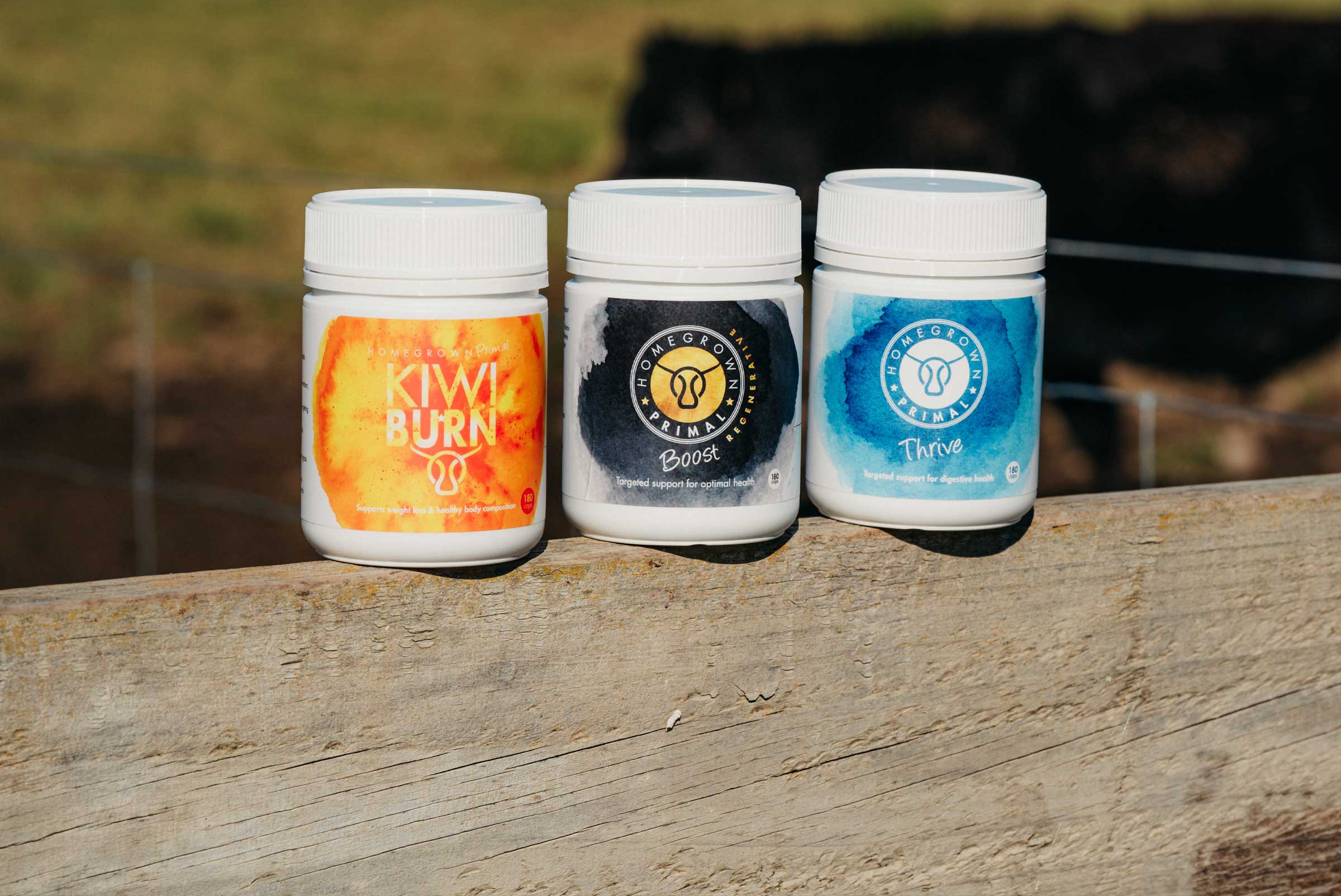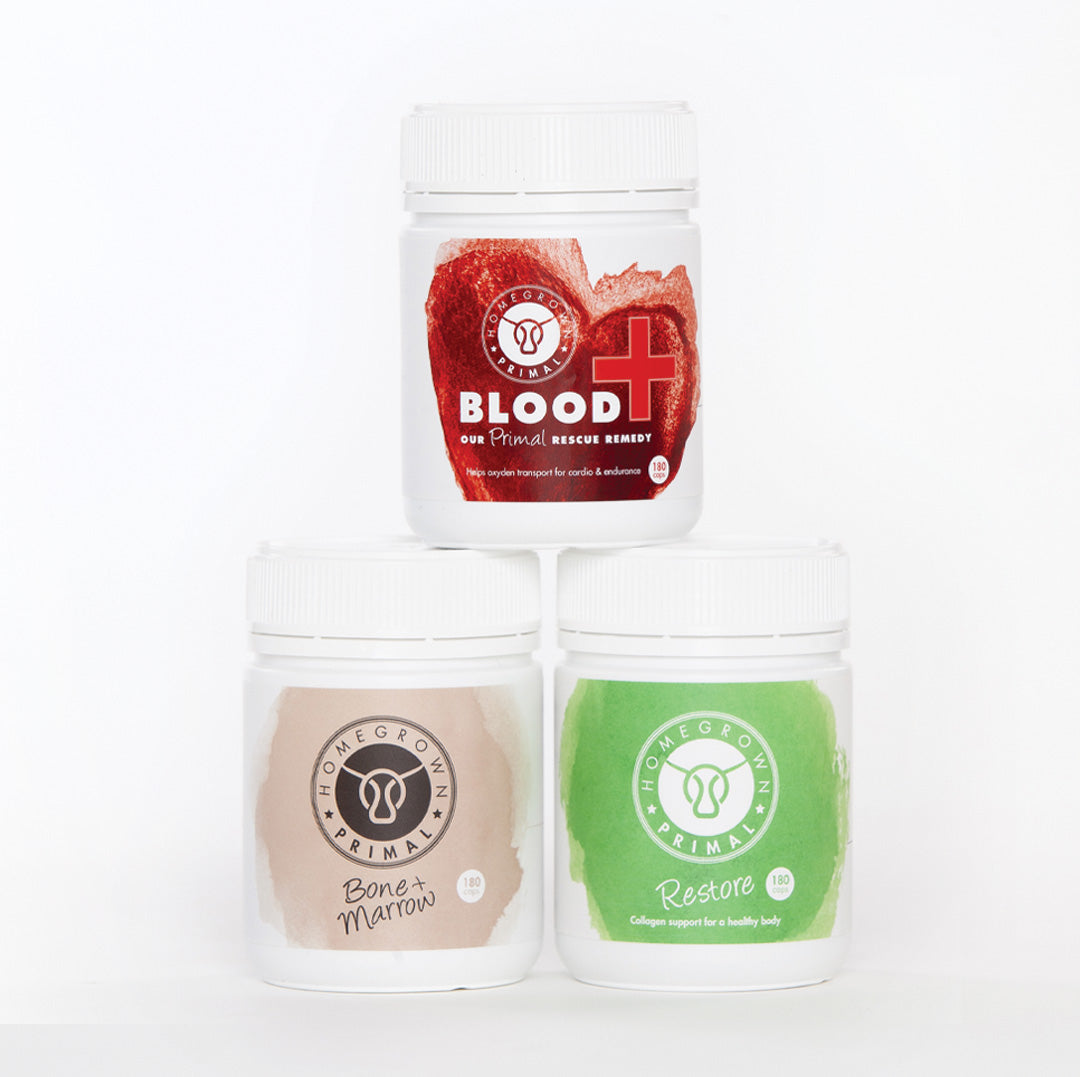Are Collagen Supplements Helpful for Arthritis?
( Article reproduced from arthritis.org)
You’ve read the hype — gelatin, collagen supplements, even bone broth will ease your arthritis. But can collagen supplements or bone broth really help your arthritis?
What is Collagen?
Collagen is the most abundant protein in the animal kingdom. There are 16 types of collagen, but nearly all the collagen in your body is type I, II or III. Types I and III are found in your skin, tendons, organs and bone. Type II collagen is found in your cartilage – and hence, its link to arthritis.
Collagen is made of amino acids (the building blocks of protein). The idea behind taking these supplements is that your body will use the amino acids to protect and rebuild your joint cartilage.
Types of Collagen Supplements
There are three types of collagen supplements: gelatin, hydrolyzed and undenatured.
Gelatin and hydrolyzed collagen have been broken down from large proteins to smaller bits. When collagen is boiled for a long time (as in bone broth), it gets broken down into gelatin. Collagen can be further “predigested” into its basic amino acids and is called collagen hydrolysate, hydrolyzed gelatin, collagen peptides, or hydrolyzed collagen.
Undenatured collagen is not broken into smaller proteins or amino acids. Undenatured type II collagen (UC-II) is not intended to be used by your body as a collagen re-builder. In a process called oral tolerance, very small doses of UC-II are taken to train your body’s immune system to stop attacking its own collagen, explains Kimberly Sanders, ND, Assistant Professor of Clinical Sciences at the University of Bridgeport College of Naturopathic Medicine.
Do They Work?
From a dietary perspective, your body can’t tell whether you ate a hydrolyzed collagen supplement, a piece of chicken, or some black beans. They’re all sources of protein, and once your digestive system has broken them down into amino acids, they are indistinguishable.
So why bother with collagen supplements? Dr. Sanders says the “predigested” collagen supplements make the amino acids more easily available to your tissues. And, she explains, “When you take hydrolyzed collagen, you’re getting a boost of the specific amino acids that are rich in collagen.” But, she agrees, amino acids are amino acids and it doesn’t ultimately matter where they come from.
The results of hydrolyzed collagen supplements research have been mixed. Some small studies, including a 2017 review article published in the British Journal of Sports Medicine, have shown that people taking collagen supplements do experience pain relief. Other studies have found no benefit.
No studies have found that collagen hydrosylates grow or repair cartilage.
Studies for UC-II have not been conclusive. A 2016 study published in Nutrition Journal divided 191 people with osteoarthritis into three groups: one group received placebo; one group received UC-II and the third group received chondroitin sulfate supplements. After 180 days of treatment, the UC-II group had better pain, stiffness, and function than the placebo group (and a bit better than the chondroitin group).
UC-II studies done on people with rheumatoid arthritis have had mixed results. A 2009 double-blind trial that included more than 500 people with RA found that undenatured collagen improved participants’ pain, morning stiffness, tender joint count and swollen joint count, but not as well as methotrexate. The study, published in Arthritis Research and Therapy, concluded that UC-II is safe and effective in the treatment of RA.
“There’s not enough evidence to say that every patient with arthritis would benefit from any collagen supplement. But enough to say it’s promising, and studies should continue,” says Dr. Sanders.
What to Look for
Although evidence for the use of collagen supplements is unclear, you can be certain they’re not harmful if taken as directed. Some people do, however, complain of stomach upset or diarrhea. Dr. Sanders gives these recommendations for people wanting to give collagen supplements a try:
- UC-II should be taken in very small doses – usually 20–40 mg per day.
- Gelatin and hydrolyzed collagen should be taken in higher doses – 10 gm per day. It’s easiest to get this in powder form and blend it into a smoothie or other drink.
- Be aware that most collagen supplements are derived from animal tissues. If you are vegetarian or vegan, look for supplements labeled as “plant-based collagen builder.” These should have the same amino-acid balance as collagen, but not derived from animal sources.
Unlike prescription and over-the-counter medications, the Food and Drug Administration (FDA) does not “approve” dietary supplements like collagen or UC-II for safety and efficacy. Always tell your doctor what you’re taking and look for seals of approval from U.S. Pharmacopeia, ConsumerLab or NSF International to be more sure the products are manufactured properly.
Author: Beth Axtell







